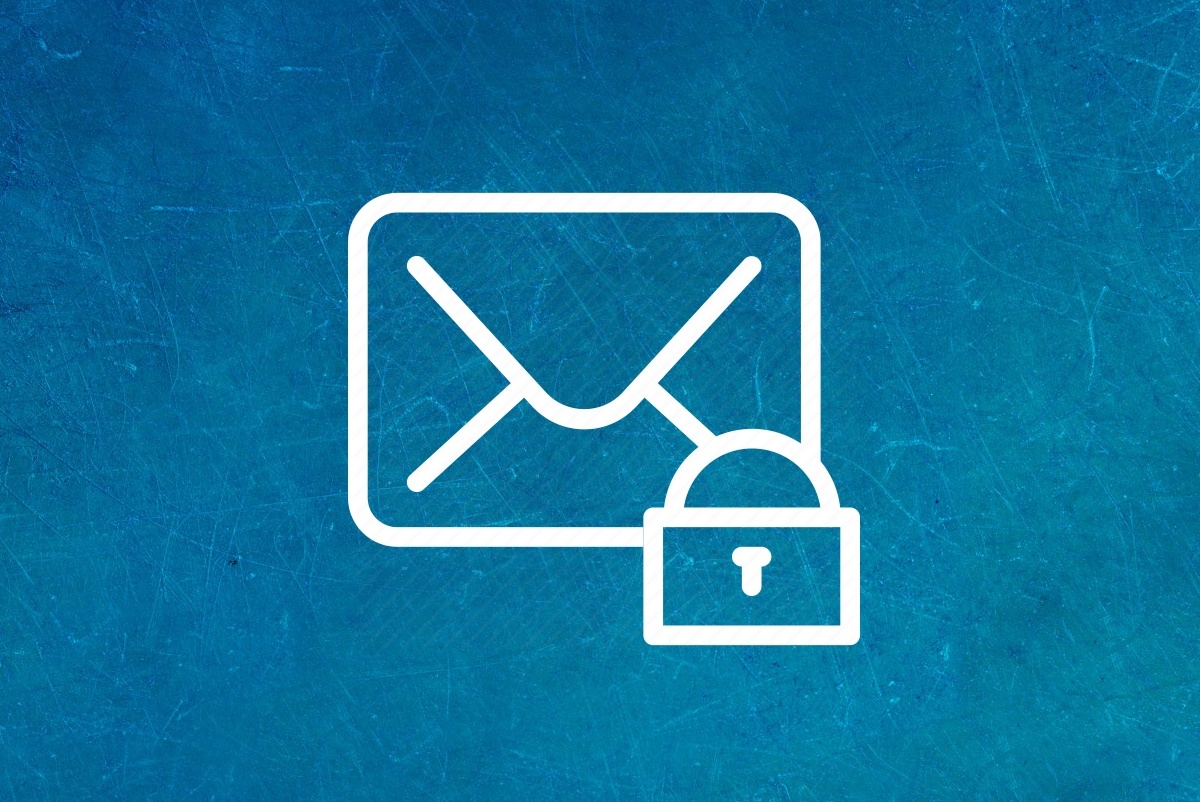The Advantages and Disadvantages of Temporary Email for Online Security
With the growing threats of data breaches, phishing attacks, and spam, protecting one’s email has become increasingly important. Many users turn to temporary email addresses as a solution. These disposable email services provide a quick, anonymous way to sign up for services without revealing personal information. However, like any tool, temporary email addresses have both advantages and disadvantages. In this article, we will explore how temporary emails work, their benefits, and the risks involved in using them for online security.
Table of Contents
- What is a Temporary Email?
- How Does Temporary Email Work?
- Advantages of Temporary Email for Online Security
- a. Avoiding Spam and Phishing Attacks
- b. Protecting Personal Privacy
- c. Quick and Easy to Use
- Disadvantages of Temporary Email
- a. Limited Time Availability
- b. Not Suitable for Important Accounts
- c. Blocked by Certain Websites
- When to Use a Temporary Email
- When Not to Use a Temporary Email
- Popular Temporary Email Services
- Conclusion
1. What is a Temporary Email?
A temporary email (or disposable email) is an email address that is active for a limited period, usually ranging from 10 minutes to a few hours. Once the time expires, the email address and all associated messages are deleted. These email addresses are typically used for one-time activities, such as signing up for websites, forums, or newsletters, without revealing a user’s personal email address.
Keywords to focus on:
- What is a temporary email?
- Disposable email definition
- Temporary email for online privacy
2. How Does Temporary Email Work?
Temporary email services generate random email addresses instantly. Users can access a web-based inbox for a short period, where they can receive emails, such as confirmation links or verification codes. After the designated time frame, the email address and any incoming messages are automatically deleted, ensuring no trace remains of the email activity.
Keywords to focus on:
- How temporary email works
- Disposable email process
- Temporary email for online sign-ups
3. Advantages of Temporary Email for Online Security
Using temporary email addresses offers several notable benefits when it comes to online security.
a. Avoiding Spam and Phishing Attacks
One of the main advantages of using a temporary email is the ability to avoid spam. Websites often collect email addresses to send marketing messages, promotions, and newsletters. By using a disposable email, users can sign up for these services without worrying about long-term spam. Additionally, by not using your personal email, you reduce the risk of being targeted by phishing attacks that attempt to steal sensitive information.
b. Protecting Personal Privacy
Temporary emails allow users to remain anonymous online. They do not require any personal information, such as a name, address, or phone number, making them an excellent choice for users who value their privacy. Whether signing up for a website, downloading software, or joining a forum, temporary emails ensure your real identity is hidden.
c. Quick and Easy to Use
Creating a temporary email is fast and simple. Most services allow you to generate an email address with just one click, eliminating the need for time-consuming account creation processes. This makes temporary emails perfect for situations where you need quick access without hassle.
Keywords to focus on:
- Benefits of temporary email
- Temporary email for spam protection
- Temporary email for privacy
4. Disadvantages of Temporary Email
Despite the advantages, temporary emails also come with certain drawbacks that limit their utility for long-term or critical use.
a. Limited Time Availability
Temporary emails are designed to be short-lived. Once the email expires, it is deleted along with any messages received. This is a major limitation if you need to revisit the website or service later for updates, especially if the website requires ongoing communication via email.
b. Not Suitable for Important Accounts
For services like banking, insurance, or any account requiring long-term access, a temporary email is not recommended. These accounts often require you to provide a stable, recoverable email address in case of password resets or other important notifications.
c. Blocked by Certain Websites
Many websites have become aware of the use of disposable emails and may block sign-ups using them. This is particularly common on websites that aim to prevent fraudulent accounts or spam users. If you encounter such blocks, you may be forced to use your personal email.
Keywords to focus on:
- Disadvantages of temporary email
- Temporary email limitations
- Why temporary email may not work
5. When to Use a Temporary Email
Temporary emails are highly beneficial in specific situations. They work well for:
- Signing up for free trials: When signing up for a free trial, use a temporary email to avoid future spam or marketing messages.
- Downloading free content: If a website asks for your email to download free resources like eBooks or software, a temporary email keeps your inbox spam-free.
- Joining forums or social media: When joining an online community, using a disposable email protects your identity and limits the potential for unwanted messages.
Keywords to focus on:
- Best uses for temporary email
- Temporary email for free trials
- Temporary email for downloads
6. When Not to Use a Temporary Email
There are also times when a temporary email is not the best option. Avoid using them for:
- Important accounts: Any accounts that require regular access or may send vital notifications should use a permanent email address.
- Official communication: Services like banking, healthcare, or job applications should be linked to a secure, long-term email that can be easily recovered if necessary.
- Sensitive information: Avoid using temporary emails for accounts that handle sensitive information, as they may lack the proper security features of a permanent account.
Keywords to focus on:
- When not to use temporary email
- Permanent email for important accounts
- Temporary email for sensitive information
7. Popular Temporary Email Services
If you're interested in using temporary email, here are some popular services that offer disposable email addresses:
-
Guerrilla Mail
Provides anonymous temporary email addresses that last for an hour, with a web interface for checking messages. -
10 Minute Mail
As the name suggests, this service provides an email that lasts for 10 minutes. It’s ideal for quick verifications or sign-ups. -
Mailinator
Mailinator is designed for developers and testers who need to create multiple temporary email addresses at once. -
TempMail
Offers temporary email addresses with the option to delete the email manually after use.
Keywords to focus on:
- Best temporary email services
- Popular disposable email providers
- Temporary email services for online security
8. Conclusion
Temporary emails are a convenient solution for protecting your privacy, avoiding spam, and reducing the risk of phishing attacks. They offer a quick and anonymous way to sign up for websites without revealing your personal information. However, they are not without limitations, particularly in cases where long-term access to accounts or important communications is required. As with any online tool, it’s essential to use temporary emails in the right situations to balance convenience and security.




